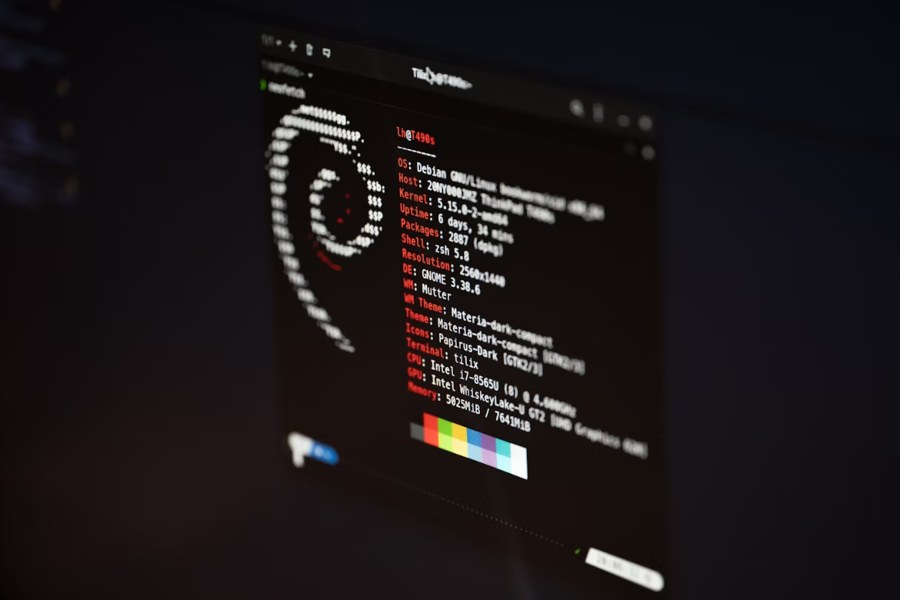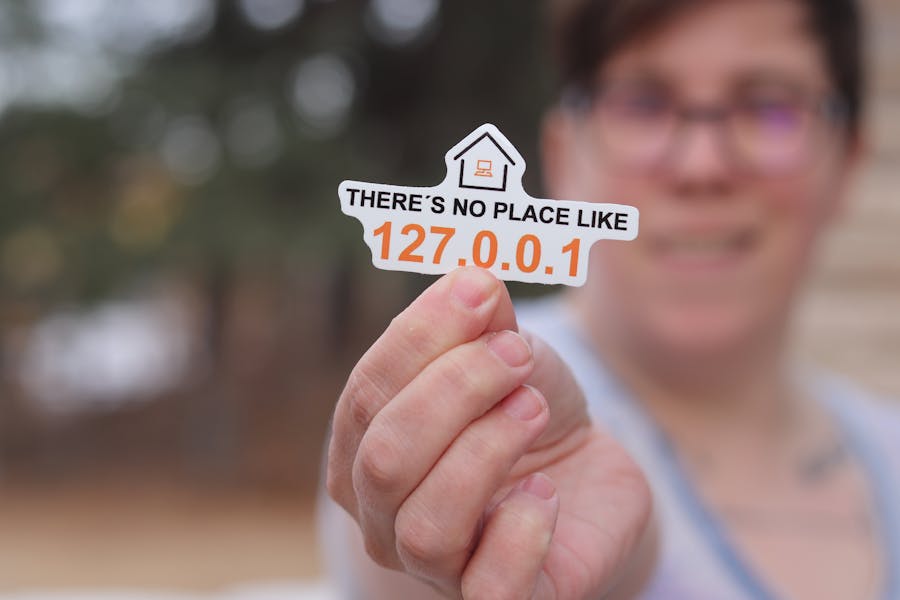
In the era of digital footprints, the question “are IP addresses PII”—short for Personally Identifiable Information—has become central to privacy discussions. As more businesses rely on user data, regulators and consumers alike are demanding clarity around what qualifies as personal information.
IP addresses are a critical part of how devices communicate across the Internet. But are IP addresses PII? That depends on context, legal jurisdiction, and the ability to link them to an individual. While some jurisdictions, like the European Union under GDPR, view IP addresses as PII, others apply different standards.
In this article, we’ll explore the nuances of this topic, offering detailed explanations of when and how IP addresses are treated as PII. Whether you’re a business owner, data analyst, or privacy-conscious user, knowing the implications can help you stay compliant and secure.
Are IP Addresses PII?
Yes, in many contexts, IP addresses are considered PII. This is especially true under laws like GDPR, which define PII as any information that can identify a user directly or indirectly. If an IP address can be linked to an individual or used with other data to do so, it’s treated as PII.
Are IP Addresses PII and Why Does It Matter for Data Privacy?
Whether IP addresses are PII is crucial for anyone dealing with digital data. Internet Protocol addresses serve as unique identifiers for devices connected to the Internet. However, just because an IP address points to a device doesn’t necessarily mean it can identify a specific person. That distinction is critical under privacy laws.
Under the EU’s GDPR, any data that can directly or indirectly identify an individual qualifies as PII. So if an IP address is used in conjunction with other information—such as browser fingerprinting or cookies—it can become personal data. In contrast, U.S. laws like the CCPA might treat IP addresses differently unless they are combined with additional identifiable data.
This classification impacts data collection, storage, and sharing practices. If IP addresses are treated as PII, they must be protected under data privacy frameworks, with measures such as encryption, anonymization, or user consent mechanisms.
For businesses, compliance means understanding what data is collected and how it’s handled. Failing to treat IP addresses as PII when required could result in significant fines or data breaches.
For users, it means being more aware of what data is being tracked and why it matters. Your IP address might seem harmless, but in the wrong hands or under the wrong conditions, it could be enough to trace back to your identity or location.
Hence, the question isn’t just about technicalities; it’s about ethics, transparency, and the evolving definition of personal information in a connected world.
When Are IP Addresses Considered Personally Identifiable Information (PII)?
IP addresses can reveal more about users than many realize. Whether they count as personally identifiable information (PII) depends on legal context, usage, and how they’re stored or combined with other data.
GDPR and the EU’s Perspective
Under the General Data Protection Regulation, IP addresses are considered personal data because they can identify users indirectly. Even dynamic IPs, which change periodically, are covered if they can be linked to a user through additional information.
U.S. Legal Framework (CCPA and HIPAA)
The California Consumer Privacy Act (CCPA) may treat IP addresses as personal information if they are stored with identifying data. HIPAA, in contrast, views IP addresses as protected health information when tied to medical data.
Static vs. Dynamic IP Addresses
Static IP addresses are generally more traceable to individuals or organizations, making them more likely to be considered PII. Dynamic IPs rotate regularly, making them less inherently identifying, but not exempt under GDPR.
Use Case Context: Commercial vs. Private
In commercial settings like e-commerce or digital advertising, IP addresses often pair with cookies and location data, making them more invasive. In purely internal analytics without cross-referencing, they may not qualify as PII.
Third-Party Access and Logging Practices
IP addresses logged by third-party tools (like analytics or CDNs) often become PII if those services link data across websites. Companies must audit how their tools handle IP data.
How Can IP Addresses Be Linked to Individuals?
While an IP address alone may not always qualify as personally identifiable information (PII), it becomes far more revealing when combined with other data sources. Here’s how different elements help link IP addresses to individuals:
- Geo-location Mapping
IP addresses can be used to pinpoint a user’s approximate physical location, often down to the city or neighborhood level. This data becomes useful in identifying user habits or regions of access. - ISP Records
Internet Service Providers (ISPs) maintain detailed logs of which customer is assigned to which IP address at a given time. These logs can directly link an IP to a specific household or user account. - Cookies and Device Fingerprinting
When paired with browser cookies or fingerprinting techniques (e.g., screen size, operating system), IP addresses enhance user tracking across websites and sessions. - Account Logins
Many services log the IP address used during account access. Repeated logins from the same IP create a reliable user profile. - Real-Time Monitoring
Law enforcement and government agencies can use IP addresses in conjunction with mobile data or surveillance tools to locate individuals in real time.
With modern tracking methods, an IP address is often just one piece of a much larger and highly accurate identity puzzle.
Why the Classification of IP Addresses as PII Matters for Businesses
Whether or not IP addresses are PII affects how businesses must manage their data collection and storage. This can impact multiple layers of operations, from marketing to cybersecurity.
- Data Processing Agreements: If IPs are PII, businesses must ensure third-party services handle them compliantly.
- User Consent Requirements: Collecting IP addresses for marketing without consent could violate GDPR.
- Audit and Compliance Burden: More logs to encrypt, review, and purge regularly.
- Marketing Analytics: IP-based geo-targeting might require user opt-ins.
- Security Logs: Must differentiate between anonymized vs. personal data.
- Breach Notification Rules: Exposed IPs classified as PII may trigger legal obligations.
Is Your IP Address Personal Data or Just Technical Info?
There’s a common misconception that IP addresses are just technical data. But are IP addresses PII in today’s privacy-focused world? Let’s explore the grey areas.
Some jurisdictions, such as Canada and Australia, provide conditional classifications. The deciding factor is intent: was the IP used to track or identify someone? If yes, it’s PII. Otherwise, it might be classed as anonymous traffic data.
This perspective reflects a shift from static definitions toward contextual interpretations. If an IP address helps build a behavioral profile, it takes on personal qualities.
Ultimately, the treatment of IP addresses hinges on how they’re used, stored, and shared. Businesses that err on the side of caution often avoid compliance trouble.
Are IP Addresses PII? What You Need to Know for 2025 and Beyond
As global data laws tighten and user expectations evolve, understanding how IP addresses fit into the privacy landscape is more critical than ever. Here’s what to watch in 2025 and beyond.
Global Privacy Regulations Are Evolving
Countries are expanding data privacy definitions. India’s DPDP Act, Brazil’s LGPD, and South Africa’s POPIA follow GDPR’s footsteps.
Tech Companies Are Responding
Browsers like Safari and Firefox block IP-based tracking. VPN usage is rising. Cloudflare anonymizes IPs by default.
Zero-Party and First-Party Data
As third-party cookies fade, IP addresses take on new importance in tracking. Marketers need clear boundaries.
User Awareness Is Increasing
Consumers want more control. Expect more browser tools and legal pushback on IP misuse.
Practical Tip
Anonymize IPs unless necessary for operations or security.
Conclusion
The answer to “Are IP addresses PII?” lies in context. When used in isolation, they may appear harmless. But in today’s interconnected world, it’s rare for data to remain isolated. Pair an IP with just one or two additional identifiers, and you have a traceable digital fingerprint.
Organizations must tread carefully. Assuming IP addresses are not PII can result in costly mistakes, especially in regions with stringent privacy laws. Erring on the side of caution by treating IP addresses as personal data is not only safer legally, it’s also more ethical.
FAQ’s
Can IP addresses identify a user directly?
Not typically on their own. However, when combined with ISP logs, cookies, or device fingerprinting, they can help trace activity back to a unique user.
Do U.S. laws consider IP addresses PII?
Some do. For instance, the CCPA treats IP addresses as personal information if they’re stored alongside identifiable data like names or user accounts.
Should businesses anonymize IP addresses?
Yes. Anonymizing IP addresses is a best practice that helps reduce legal risk and improve compliance with data protection laws like GDPR and CCPA.
Are IP addresses collected by Google Analytics PII?
By default, Google Analytics anonymizes IPs. However, if unfiltered IP data is accessed or stored via third-party integrations, compliance risks may still arise.
Is an IP address enough to violate privacy laws?
It can be. If an IP is used to build user profiles, track behavior, or is shared without proper consent, it could breach privacy regulations.






